Growing up I always had an interest in volunteer work and wanted to make a difference. After some research, I noticed the majority of organisations were requesting lump sums of money for my time but I could never pinpoint exactly where my money was going and how it was being used to help. After much doubt and procrastinating I decided to do more research.
Through word of mouth, I came across a liberating Ted Talk ‘Why we need to end the era of orphanages’ on YouTube by Tara Winkler, the co-founder and managing director of Cambodian Children’s Trust (CCT).
I did a deep dive into the work CCT is now doing and was impressed by the innovative and forward-thinking approach taken to protect children, prevent family separation and alleviate poverty. I signed up as a regular monthly donor, as I felt even the smallest amount would help enormously especially if given consistently.
As a donor, I decided to see first-hand the impact my donation made. The CCT team welcomed the idea because they are committed to transparency and believe their donors are important members of the team. Without further hesitation, I booked a flight to Cambodia.
Leading up to my trip, I was full of anticipation for what was to come. Nothing could have prepared me for what I was about to see.
On my first day at 8am Tara picked me up from my hotel and we travelled along the bumpy Battambang roads toward the CCT head office. I was given a full tour of the office space and introduced to some of the 150 odd Cambodian staff who make up the teams within CCT. She gave me a run-down of the role of each department – social work, medical outreach, satellite community centres, family finance, construction, finance, monitoring and evaluation, HR – which gave me further insight into the holistic nature of CCT’s work.
After signing the child protection visitor form, we met with Kan, one of CCT’s senior social workers, and headed out into a nearby village to visit a family.
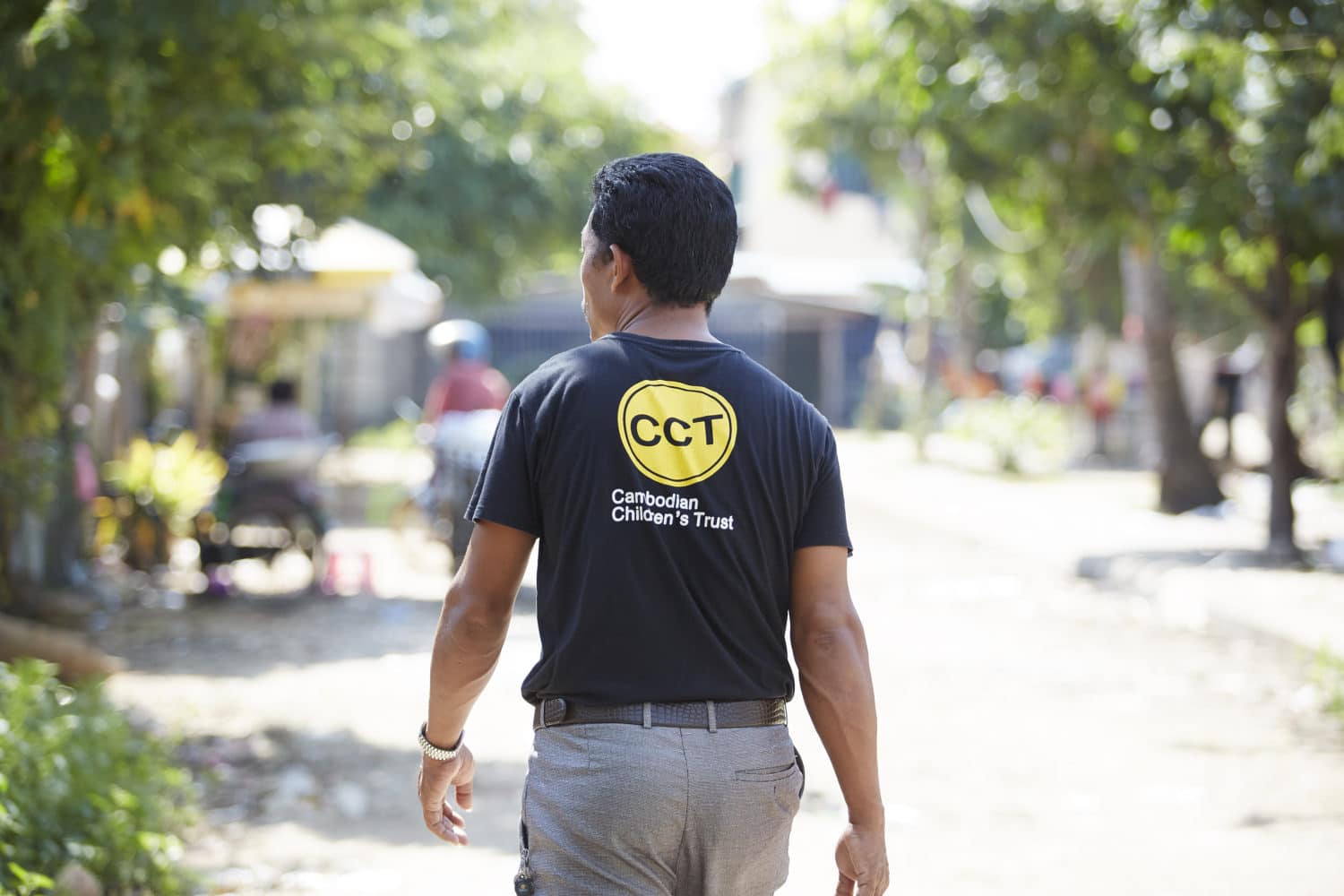
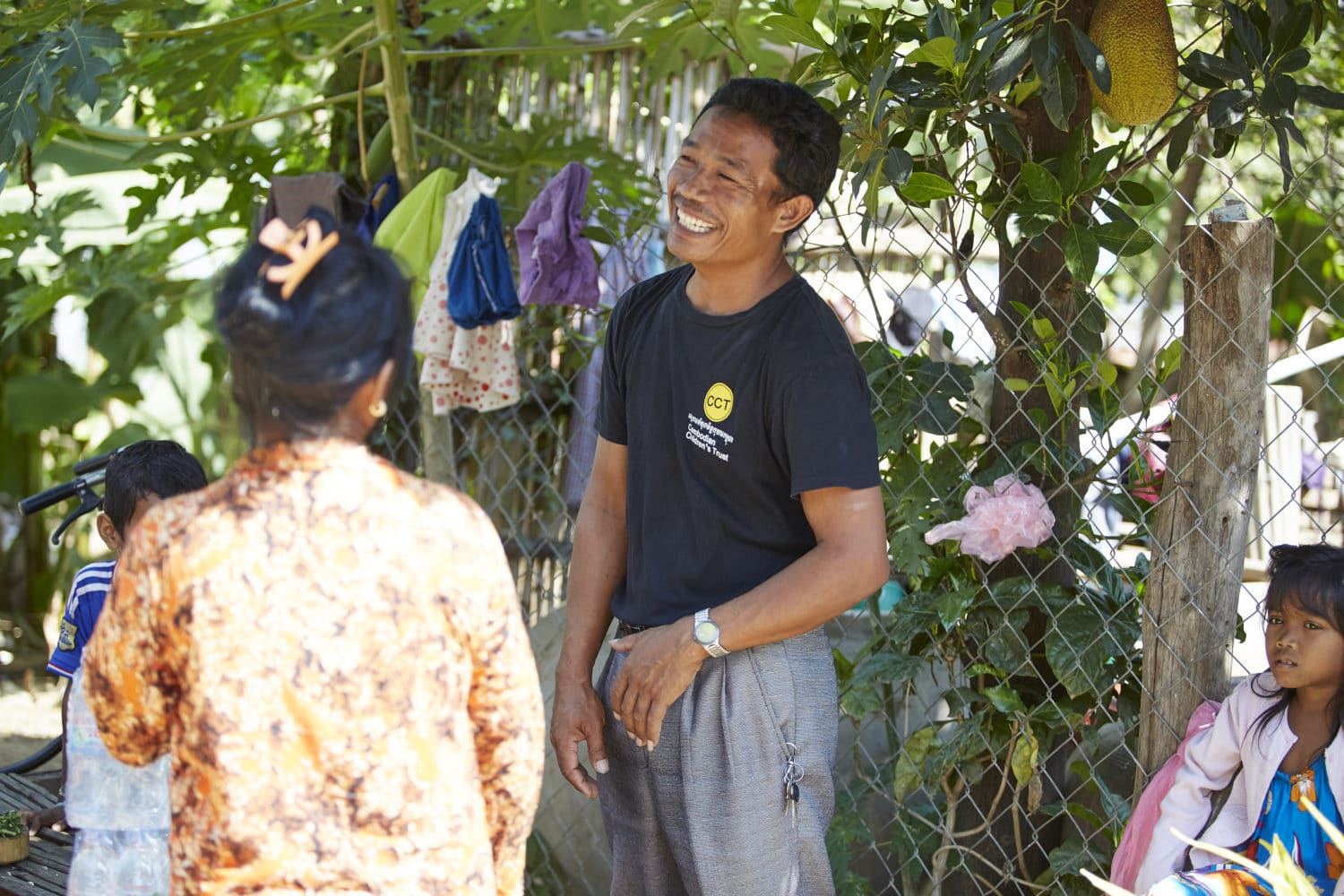
Tara explained that Battambang is made up of many districts and we had just entered one of the poorest – a far cry from my comfortable life on the Gold Coast. We walked down a dusty road and arrived at the tiny one-room home of a grandmother and her two grandchildren, aged five and six. Little red plastic chairs were pulled out for each of us. We sat and listened to Grandma’s story. She had reached out to CCT because she was struggling to provide for her two grandchildren and was considering putting them in an orphanage.
Halfway through her story, she broke down, tears rolled down her face while holding one of her grandchildren in her arms. Tara was my translator and explained that alcohol and drug abuse had left the children’s parents incapable of parenting their children and Grandma had been raising them since they were very young. But she could barely afford to pay her bills, neither of the children were in school and she was concerned about their future. She was at breaking point and has spoken to an orphanage about taking them in, hoping it they would have a better life. But no child should be taken from the people who love them just because of poverty.
CCT had two social workers listening and gathering information. They then began creating an empowerment plan to help find the support grandma needed to be able to raise her grandchildren. The first step in this plan was to enrol the children into public school and CCT’s Youth Centre where they would receive nutritious meals and daycare. This took some pressure off Grandma but meant that the children could still stay with her and connected to their community and their friends.
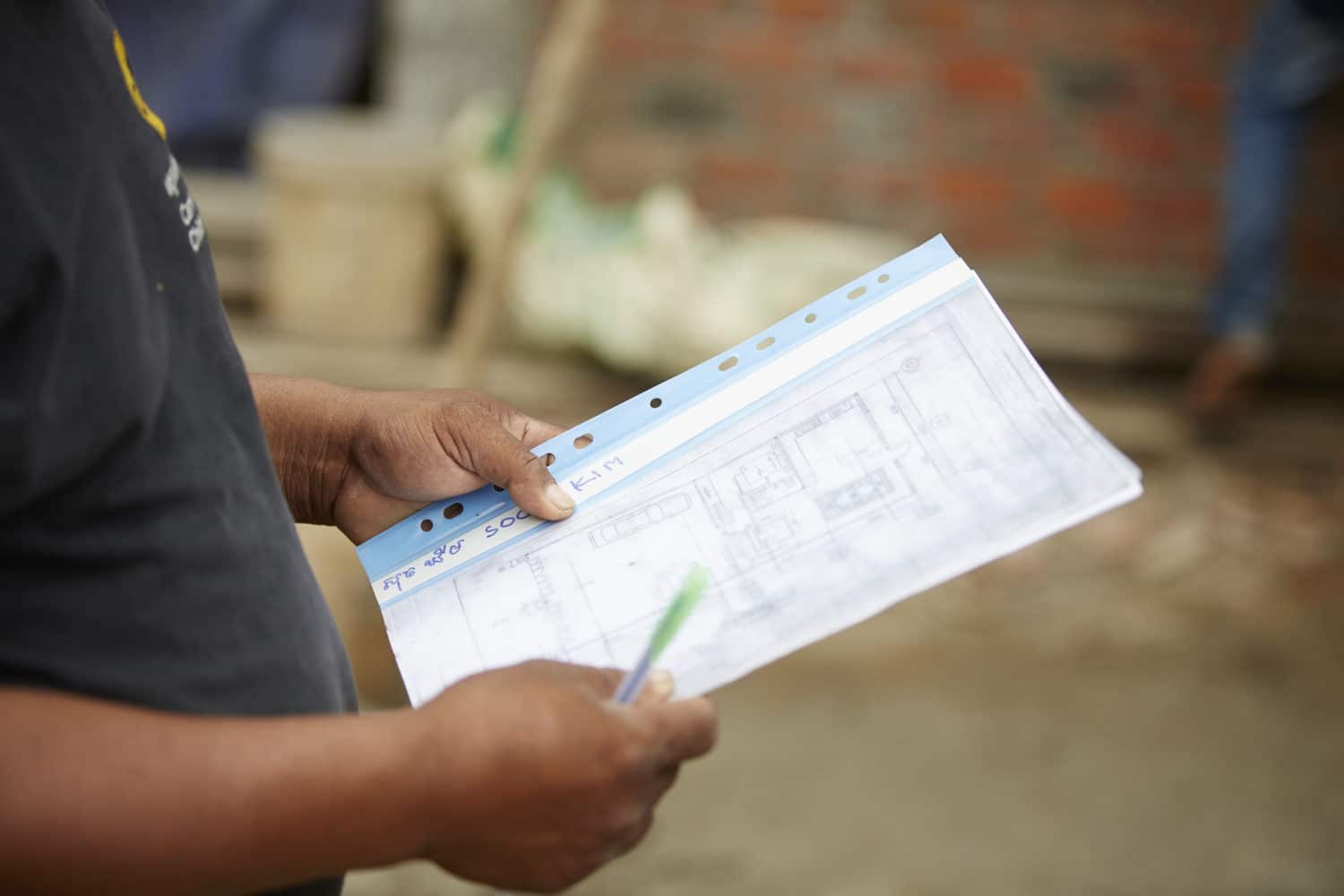
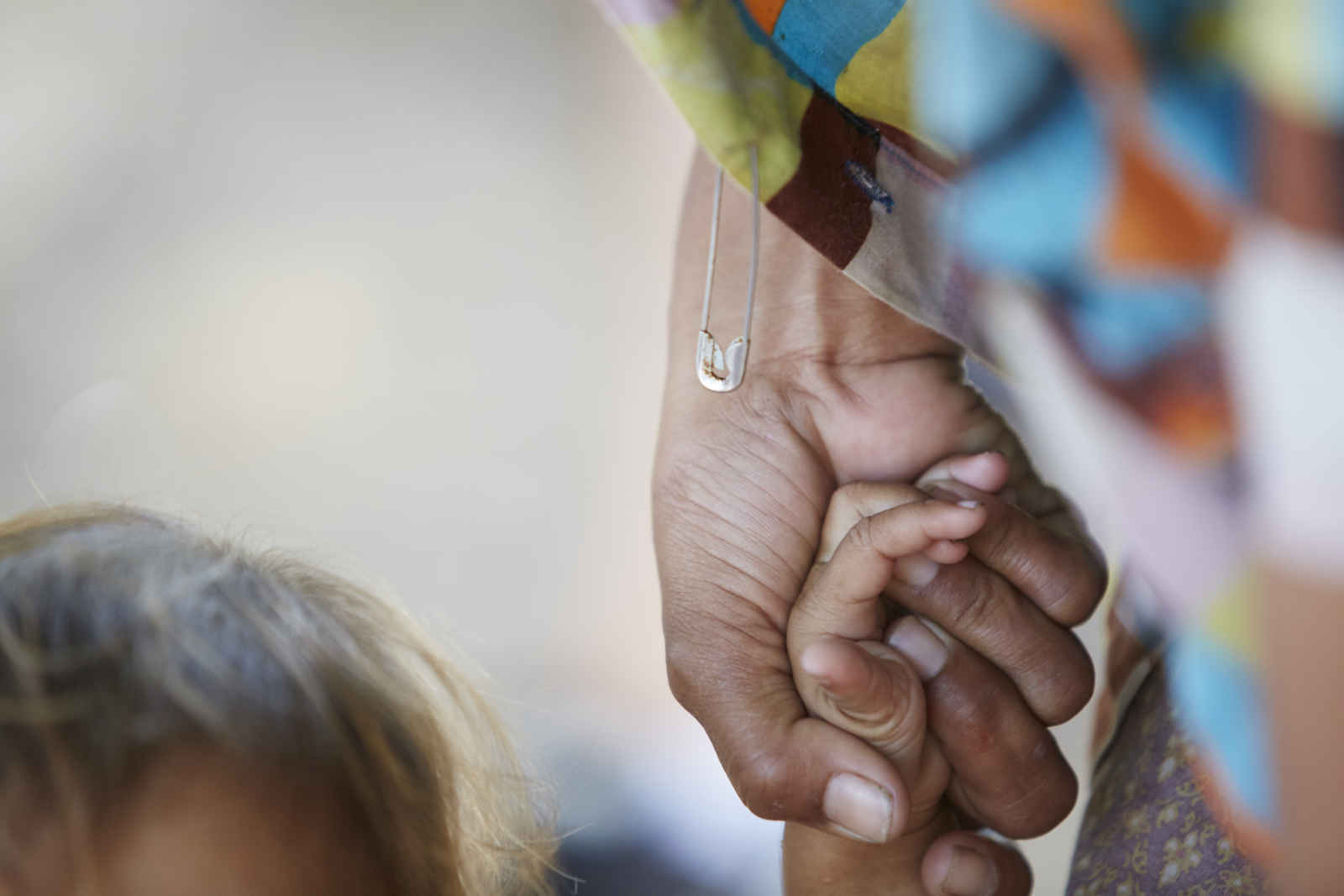
Next, we came across two 6-year-old boys at the front of a hostel while driving home one afternoon. These boys were holding plastic bags full of glue and sniffing them to get high. Unfortunately, the well-meaning tourists who give money to these children were encouraging them to stay out on the street, instead of going to school and participating in dangerous, high-risk behaviour.
We called one of CCT’s social workers who had already flagged the family as high-risk, but the children we not yet engaged in CCT’s program. So off we went to find their mother. We arrived at the kid’s home and their mother was shocked to hear her boys were out sniffing glue. She jumped in the car with us and the CCT social worker to go and pick up her boys. After trawling the streets we found them spending the money they had got from tourists on playing violent video games. After getting the boys home, CCT’s social worker did some counselling with the boys and their mum and a plan was made to enrol the boys into CCT’s Youth Centre to help Mum begin the process of changing their behaviour and getting them back to school.
It seemed clear that by allowing people to make their own plans is a big part of why CCT’s interventions are so successful. The next day I saw both boys fully immersed in activities at the Youth Centre. They were playing happily with puzzles and games, a far cry from the state they were in the day before.
The following day we went out with Dalin, another of CCT’s senior social workers, and Ngoun, CCT’s family finance manager, to visit a family who had recently been reunited with their children who were living in a Battambang orphanage for 4 years. Dalin and Ngoun were working with these two widowed mothers to set up a farming business so they had enough income to raise their children. They were growing rows of lush Vietnamese mint in their back yard. Ngoun was training the whole family to use a spending journal so they could keep track of their expenses and begin making minor adjustments to enable them to start saving money. CCT’s construction team were busy working away at the back of the house to build a bathroom for the family and repair their home.
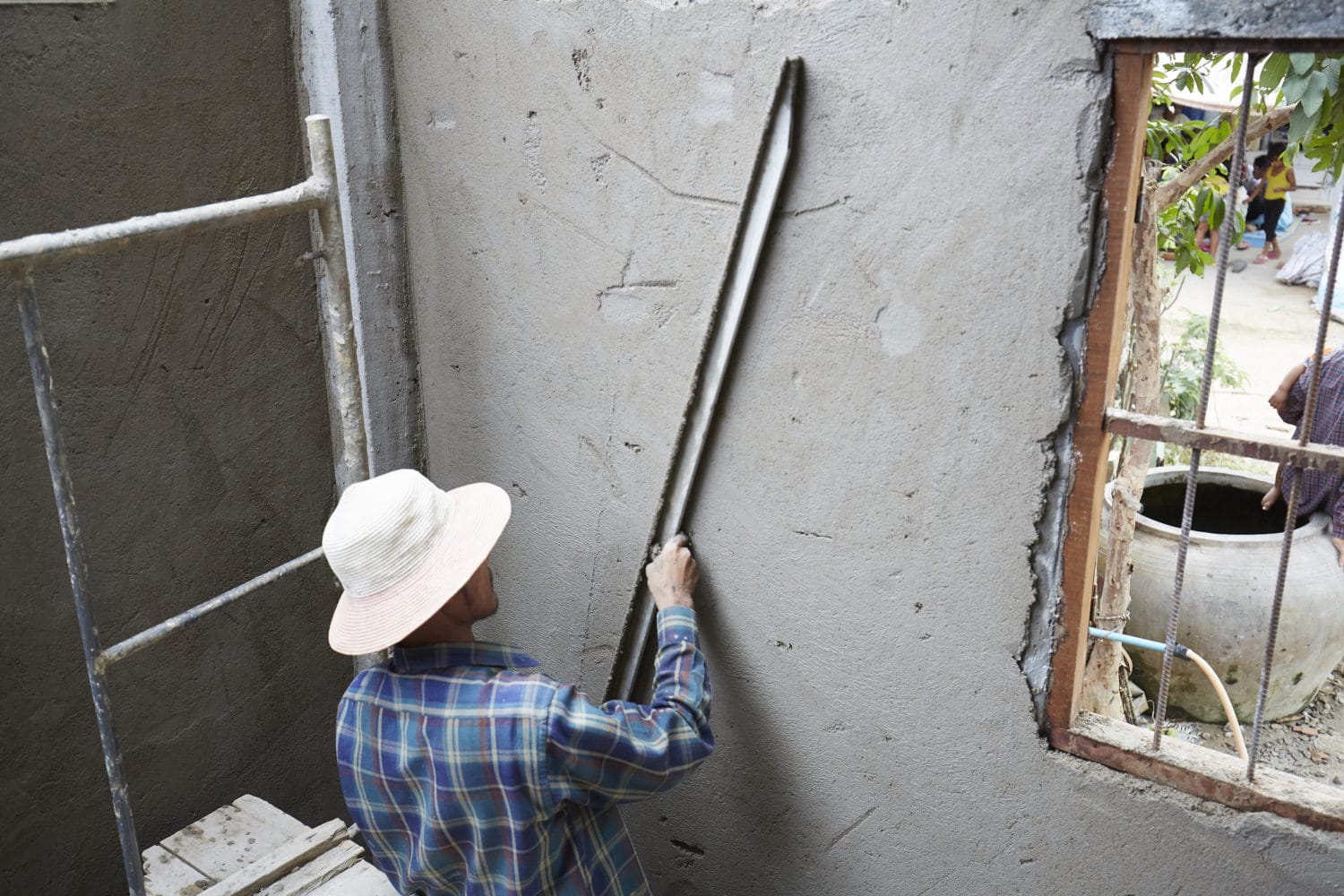
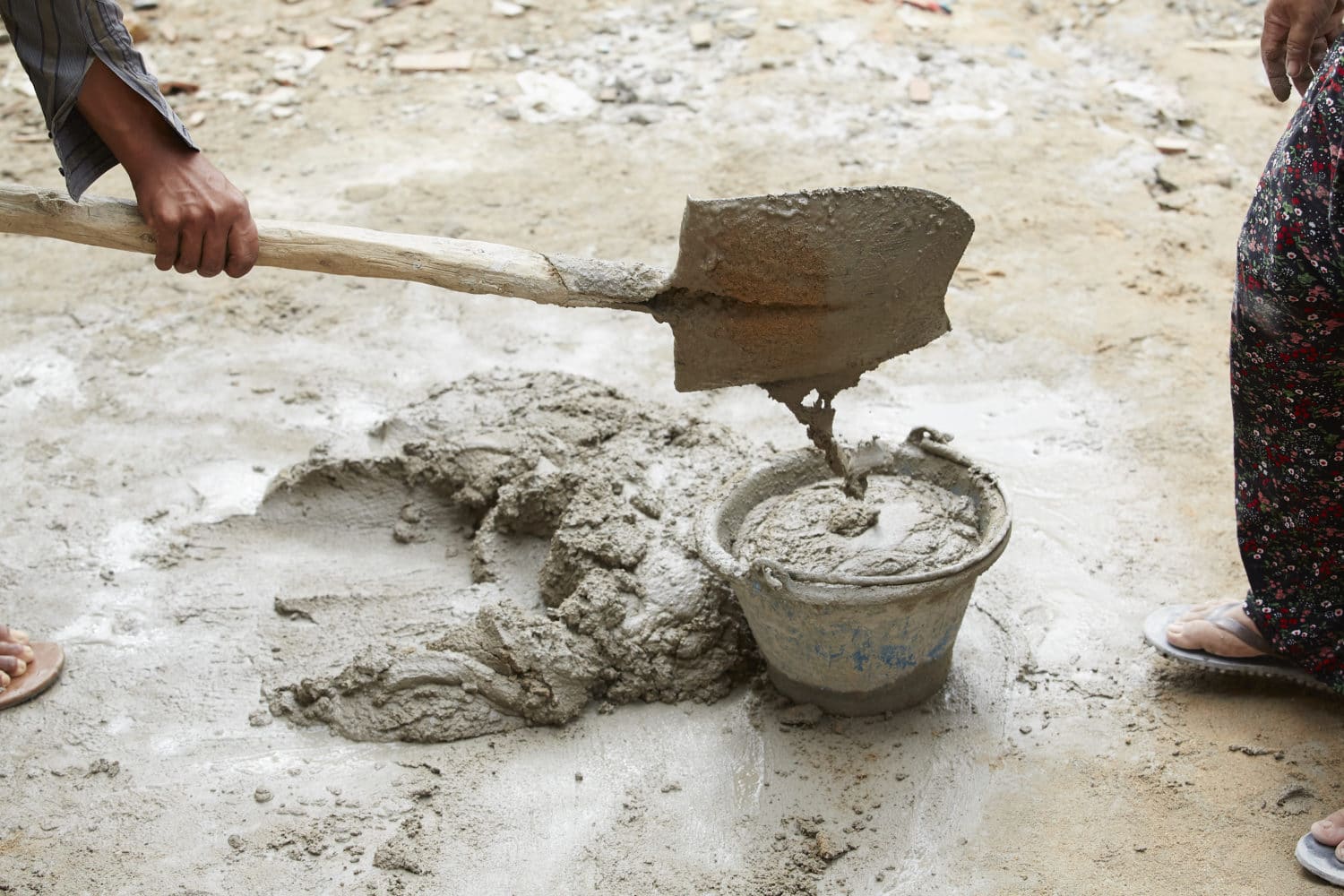
I was beyond blown away by the effort, passion, and dedication every single member of this organisation had. To witness first-hand how my contribution was preventing children from ending up in the orphanages, by working with families and the surrounding community. CCT empowers families to make the necessary changes to create sustainable and meaningful lives for themselves and their children.
After seeing this work, I can now understand why we need to strive towards a future in which orphanages do not exist. There are solutions, even for the most complex and vulnerable families, to ensure children are raised within families and communities, surrounded by the love and connection they need for healthy development.
The only way to achieve this goal is to educate those around us and spread the word about the harms of orphanages and, importantly, that there’s a better way to help vulnerable children. We just need to re-direct the funding and support of orphanages towards empowering families and communities instead!
I am so grateful to have had Tara and the CCT team show me my contribution makes me a part of the solution. Being 22 years old, and growing up in a world full of change, and social media as a platform, I am now committed to using my voice to raise awareness of the vital support that’s required to continue this life-changing work.
If I hadn’t watched Tara’s 13-minute TED Talk, I like many of you would have used my time and good intentions to visit an orphanage and unknowingly contributed to fuelling the Global Orphanage Crisis.
If you do find yourself in a position to support CCT’s work and then make a trip to see the impact of your contribution, I cannot recommend it highly enough. Not everyone is able to make the trip to Cambodia, but if you follow CCT on social media and sign up to their eNews on their website you can watch their stories and virtually ride along with the CCT team.
Together we can all be a part of the solution for some of the most vulnerable children on the planet.
Mia Milnes is an Australian-German actress who grew up in Queensland, Australia. She has been a regular donor to CCT since 2017.